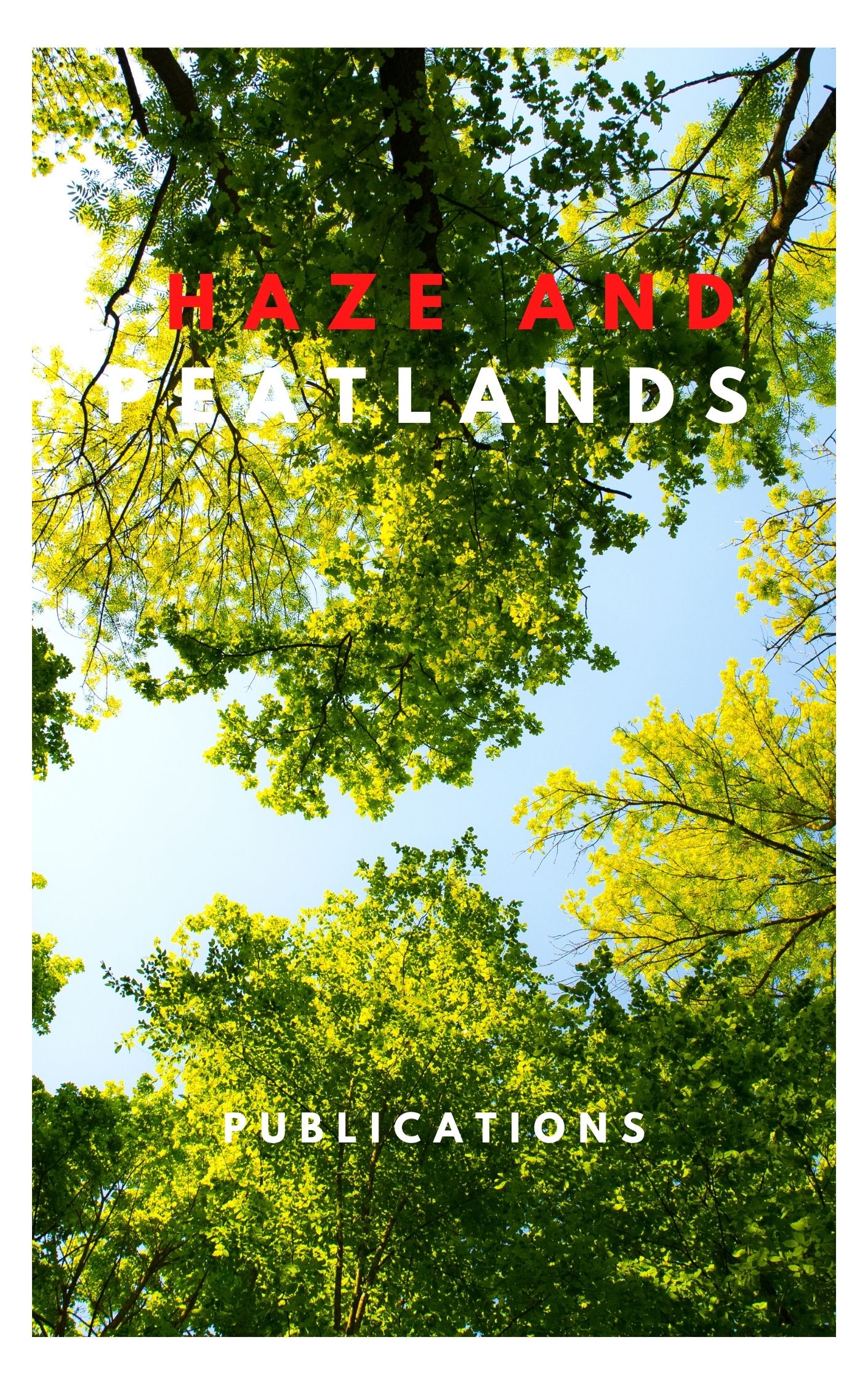Peatland conversion for agriculture is the leading cause of Indonesia's terrestrial carbon emissions that contribute substantially to global warming. Indonesia's peatlands contain 55–57 billion tonnes of carbon, the equivalent of almost 2 years of global carbon emissions at existing rates. This paper examines initiatives to retain soil-based carbon in Indonesia's province of Riau, where over half the surface area is composed of agriculturally productive peatlands. We qualitatively evaluate three types of partnership programmes (bilateral, co-governed and internationally funded local initiatives) in Riau aimed at the sustainable development of peatlands. The article finds that carbon loss is likely to persist in all case studies. Public, private and civil society actors in each partnership have exploited funding and political opportunities to advance agendas not directly related to the environment. The administrative category of the peatland hydrological unit as an ecologically meaningful scale of peatland governance is also under-utilised by the partnerships studied.
View source

